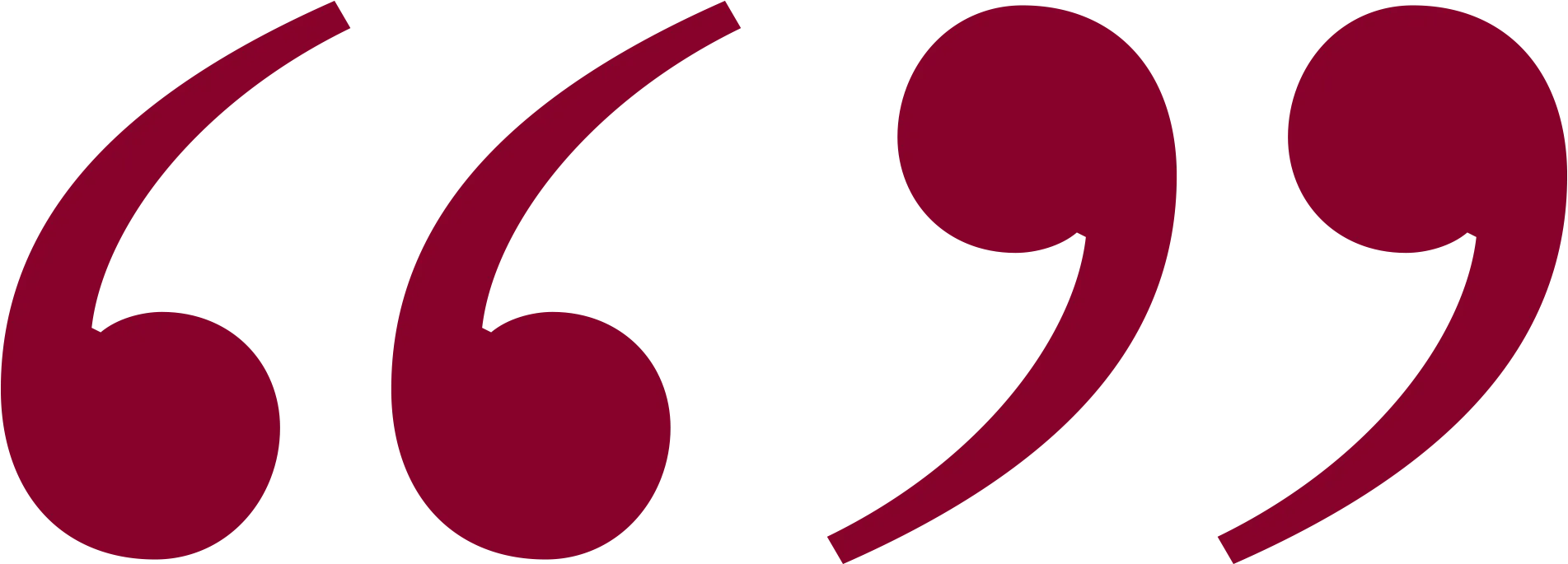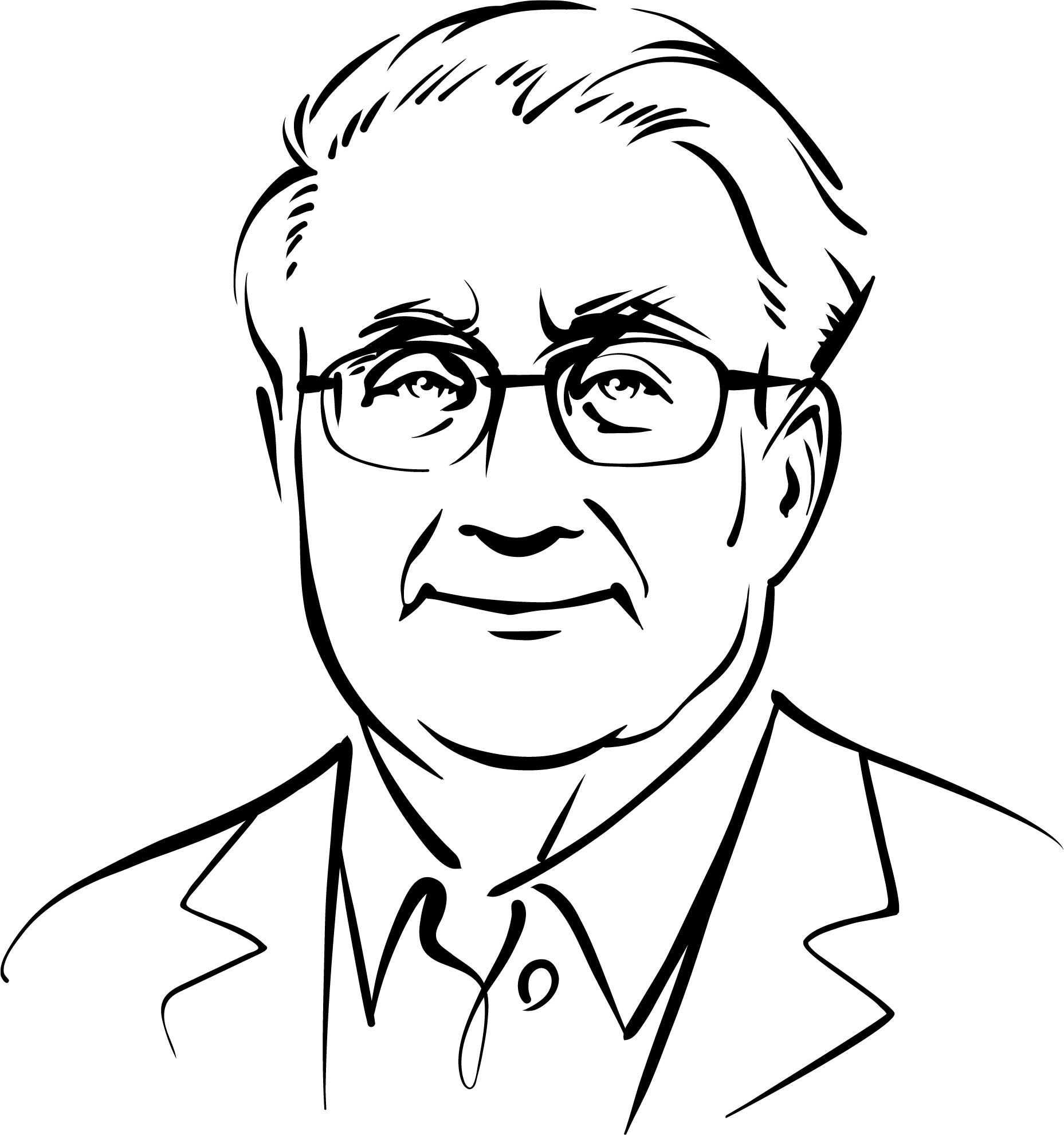
The End of an Era


Janet Freilich
Professor of Law
Hugh Hansen
Professor of Law
Hansen earned his undergraduate degree from Rutgers University, his J.D. from Georgetown, and an LL.M. from Yale. He clerked for Judge Inzer B. Wyatt in the Southern District of New York and then Judge Murray I. Gurfein in the Court of Appeals for the Second Circuit. He worked for Dewey Ballantine Busby and Bush and was an assistant U.S. attorney in the Criminal Division of the U.S. attorney’s office for the Southern District of New York.
“I have greatly valued having Professor Hansen as a colleague,” says Ron Lazebnik, clinical associate professor of law. “His passion about intellectual property issues is infectious, and I’ve always appreciated his willingness to discuss and debate the topic. I also admire all the work he has done over the years to help students find jobs in the IP field or provide them with experiences and opportunities through work at the IP Institute.”
Hansen is a sought-after speaker on U.S. and international intellectual property law matters. He has been a lead counsel, consultant, or expert witness in U.S., U.K., German, and Polish courts and represented IP clients before the European Commission. He’s also spoken about intellectual property law at universities in Australia and institutions in Japan.
Besides being a prolific speaker, he’s written extensively about IP and antitrust law. Hansen updated his book New York Intellectual Property Handbook (Matthew Bender) annually for 11 years. He also edited the book U.S. Intellectual Law and Policy (Edward Elgar 2006).
“Professor Hansen has been instrumental in building Fordham’s IP program and expanding the Law School’s IP community,” says Professor Janet Freilich. “He runs an amazing conference and institute and has inspired countless students.”

Hugh Hansen
Professor of Law
Hansen earned his undergraduate degree from Rutgers University, his J.D. from Georgetown, and an LL.M. from Yale. He clerked for Judge Inzer B. Wyatt in the Southern District of New York and then Judge Murray I. Gurfein in the Court of Appeals for the Second Circuit. He worked for Dewey Ballantine Busby and Bush and was an assistant U.S. attorney in the Criminal Division of the U.S. attorney’s office for the Southern District of New York.
“I have greatly valued having Professor Hansen as a colleague,” says Ron Lazebnik, clinical associate professor of law. “His passion about intellectual property issues is infectious, and I’ve always appreciated his willingness to discuss and debate the topic. I also admire all the work he has done over the years to help students find jobs in the IP field or provide them with experiences and opportunities through work at the IP Institute.”

Janet Freilich
Professor of Law
Besides being a prolific speaker, he’s written extensively about IP and antitrust law. Hansen updated his book New York Intellectual Property Handbook (Matthew Bender) annually for 11 years. He also edited the book U.S. Intellectual Law and Policy (Edward Elgar 2006).
“Professor Hansen has been instrumental in building Fordham’s IP program and expanding the Law School’s IP community,” says Professor Janet Freilich. “He runs an amazing conference and institute and has inspired countless students.”
Constantine N. “Gus” Katsoris
Ignatius M. WILKINSON Professor of Law
Katsoris graduated from Fordham in 1953 with a B.S. in accounting, and four years later, he earned a J.D. from Fordham Law School, where he was first in his class. He earned an LL.M. in Corporate Finance from NYU Law in 1963. He practiced at Cahill, Gordon, Reindel & Ohl and volunteered for the Legal Aid Society before joining the Law School faculty.
He was honored by the FLAA in March 2023 with the Milton Fisher ’42 Second Harvest Award, presented to alumni who have served for 50 years. In his acceptance speech, Katsoris said, “When I first registered at Fordham in the fall of 1949 as a college freshman, I didn’t think I would have the privilege to be associated with Fordham for the next 74 years as a faculty member, parent, and grandparent of Fordham students and proud alumni. I have had the honor to teach for 55 years at the Law School, to about 15,000 students. In the classroom I have taught alumni, their children, and in some cases, their grandchildren.”
Over his career, he served under six Law School deans and received many accolades from Fordham, including the Students’ Medal of Achievement, the Alumni Medal of Achievement, and the Dean’s Medal of Achievement. He also led the Law School’s annual Supreme Court Bar induction ceremonies for Law School alumni and faculty to practice before the Supreme Court.
“His retirement marks the end of an era,” says Dean Emeritus Michael M. Martin. “As a graduate of the Law School, Gus was fiercely loyal to it. He was very proud that our securities arbitration and tax clinics, which focus on topics of great interest to him, received national recognition. He wrote articles for the Fordham Law Review that publicized the Law School’s connections with leading judges and public officials.”
Fordham was a family affair for the Katsoris family. All three of his children graduated from either Fordham Law or the Gabelli School of Business.
His colleague, Professor Debby Denno, says, “Few are as loyal to the Law School as Gus Katsoris, who taught tax to generations of inspired law students and invariably greeted his colleagues with warmth, good humor, and endless exuberance.”


Michael M. Martin
Dean Emeritus

Constantine N. “Gus” Katsoris
Ignatius M. WILKINSON Professor of Law
Katsoris graduated from Fordham in 1953 with a B.S. in accounting, and four years later, he earned a J.D. from Fordham Law School, where he was first in his class. He earned an LL.M. in Corporate Finance from NYU Law in 1963. He practiced at Cahill, Gordon, Reindel & Ohl and volunteered for the Legal Aid Society before joining the Law School faculty.
He was honored by the FLAA in March 2023 with the Milton Fisher ’42 Second Harvest Award, presented to alumni who have served for 50 years. In his acceptance speech, Katsoris said, “When I first registered at Fordham in the fall of 1949 as a college freshman, I didn’t think I would have the privilege to be associated with Fordham for the next 74 years as a faculty member, parent, and grandparent of Fordham students and proud alumni. I have had the honor to teach for 55 years at the Law School, to about 15,000 students. In the classroom I have taught alumni, their children, and in some cases, their grandchildren.”

Michael M. Martin
Dean Emeritus
“His retirement marks the end of an era,” says Dean Emeritus Michael M. Martin. “As a graduate of the Law School, Gus was fiercely loyal to it. He was very proud that our securities arbitration and tax clinics, which focus on topics of great interest to him, received national recognition. He wrote articles for the Fordham Law Review that publicized the Law School’s connections with leading judges and public officials.”
Fordham was a family affair for the Katsoris family. All three of his children graduated from either Fordham Law or the Gabelli School of Business.
His colleague, Professor Debby Denno, says, “Few are as loyal to the Law School as Gus Katsoris, who taught tax to generations of inspired law students and invariably greeted his colleagues with warmth, good humor, and endless exuberance.”


Ethan J. Leib
John D. Calamari Distinguished Professor of Law
Mark R. Patterson
Professor of Law
Patterson received his bachelor’s and master’s degrees from The Ohio State University in electrical engineering and did research in robotics before earning his J.D. from Stanford Law School. After law school, he practiced law at Choate, Hall & Stewart in Boston and clerked for Justice John M. Greaney on the Supreme Judicial Court of Massachusetts. He was a Bigelow Fellow at the University of Chicago Law School before joining Fordham Law in 1995.
“Mark Patterson was a voice of reason for many years at Fordham Law School, sometimes challenging conventional wisdom, always with an eye toward making us better. As an antitrust law expert, he brilliantly taught a generation of students in this core area of U.S. competition law,” says Ethan J. Leib, John D. Calamari Distinguished Professor of Law.
A prolific writer, he has been published in many journals and is also the author of two books on antitrust law and numerous book chapters. In retirement, Patterson is working with two new co-authors on a third edition of his casebook Antitrust Law in the Online Economy. Reflecting on Patterson’s seminal book, Antitrust Law in the New Economy: Google, Yelp, LIBOR, and the Control of Information (Harvard University Press, 2017), Leonard F. Manning Professor of Law Abner S. Greene said, “His signature scholarly work sought to integrate his antitrust chops with several pressing questions about how information is gathered, processed, and disseminated, especially in the internet age.”
Patterson’s articles have been published in journals such as the Antitrust Law Journal, William & Mary Law Review, Harvard Journal of Law & Technology, Fordham Law Review, and Houston Law Review, among others.
A licensed patent attorney, Patterson was a visiting professor at Bocconi University in Milan and the University of Navarra in Pamplona. He also served as a visiting fellow at the European University Institute.
He was known by his colleagues for his independence and deliberation when it came to making decisions—whether about matters of governance or the direction of the Law School. He was not always predictable, but he was honest, Leib recalls: “As I reflect on his body of work, it comes as no surprise that he was a bit of a maverick. His prescient scholarship on antitrust, power, conflicts of interest, and information ecosystems should have been a clue that he would deliberate anew about each issue he faced, without bias or favor.”

Mark R. Patterson
Professor of Law
Patterson received his bachelor’s and master’s degrees from The Ohio State University in electrical engineering and did research in robotics before earning his J.D. from Stanford Law School. After law school, he practiced law at Choate, Hall & Stewart in Boston and clerked for Justice John M. Greaney on the Supreme Judicial Court of Massachusetts. He was a Bigelow Fellow at the University of Chicago Law School before joining Fordham Law in 1995.
“Mark Patterson was a voice of reason for many years at Fordham Law School, sometimes challenging conventional wisdom, always with an eye toward making us better. As an antitrust law expert, he brilliantly taught a generation of students in this core area of U.S. competition law,” says Ethan J. Leib, John D. Calamari Distinguished Professor of Law.
A prolific writer, he has been published in many journals and is also the author of two books on antitrust law and numerous book chapters. In retirement, Patterson is working with two new co-authors on a third edition of his casebook Antitrust Law in the Online Economy. Reflecting on Patterson’s seminal book, Antitrust Law in the New Economy: Google, Yelp, LIBOR, and the Control of Information (Harvard University Press, 2017), Leonard F. Manning Professor of Law Abner S. Greene said, “His signature scholarly work sought to integrate his antitrust chops with several pressing questions about how information is gathered, processed, and disseminated, especially in the internet age.”

Ethan J. Leib
John D. Calamari Distinguished Professor of Law
A licensed patent attorney, Patterson was a visiting professor at Bocconi University in Milan and the University of Navarra in Pamplona. He also served as a visiting fellow at the European University Institute.
He was known by his colleagues for his independence and deliberation when it came to making decisions—whether about matters of governance or the direction of the Law School. He was not always predictable, but he was honest, Leib recalls: “As I reflect on his body of work, it comes as no surprise that he was a bit of a maverick. His prescient scholarship on antitrust, power, conflicts of interest, and information ecosystems should have been a clue that he would deliberate anew about each issue he faced, without bias or favor.”
Martha Rayner
Clinical Associate Professor of Law
Rayner also created the International Justice Clinic to represent men detained by the United States military without trial at Guantánamo Bay, Cuba. She and her clinical students sought to provide meaningful legal representation—whether it was for people seeking clemency, heading to trial, fighting civil charges, or in need of post-conviction relief.
Her colleague Professor Cheryl Bader says, “She provided countless clients with the precious gift of liberty and a voice in a stifling criminal legal process. A generation of students benefited from her mentorship as she encouraged their deep dive into the complexities of lawyering and empowered them to challenge the status quo. I was privileged to have partnered with her during the 25 years that she enriched the Fordham community.”
Rayner graduated from Clark University, and she was in the first graduating class of the City University of New York School of Law in 1986. She was also a recipient of the Charles H. Revson Fellowship from Columbia University. After working as a public defender at the Legal Aid Society, she became one of the founding members of the Neighborhood Defender Service of Harlem. There, she developed a special unit to represent clients facing civil actions based on criminal accusations. Her practice areas spanned family law and housing to immigration and affirmative litigation challenging unlawful police conduct.
Rayner didn’t just advocate inside the courtroom. As a professor, she co-supervised law student volunteers who traveled to New Orleans after Hurricane Katrina to provide pro bono legal services to help with backlogged cases. She also helped her clinic students represent incarcerated clients during the pandemic.
“I always brought my hardest lawyering problems to Martha,” says Fordham Law Professor Ian Weinstein. “She has superb judgment, she is unflappable, she can’t abide injustice, and she always put our clients and students first. It was inspiring to work with her.”


Cheryl Bader
Clinical Associate Professor of Law

Martha Rayner
Clinical Associate Professor of Law
Rayner also created the International Justice Clinic to represent men detained by the United States military without trial at Guantánamo Bay, Cuba. She and her clinical students sought to provide meaningful legal representation—whether it was for people seeking clemency, heading to trial, fighting civil charges, or in need of post-conviction relief.
Her colleague Professor Cheryl Bader says, “She provided countless clients with the precious gift of liberty and a voice in a stifling criminal legal process. A generation of students benefited from her mentorship as she encouraged their deep dive into the complexities of lawyering and empowered them to challenge the status quo. I was privileged to have partnered with her during the 25 years that she enriched the Fordham community.”

Cheryl Bader
Clinical Associate Professor of Law
Rayner didn’t just advocate inside the courtroom. As a professor, she co-supervised law student volunteers who traveled to New Orleans after Hurricane Katrina to provide pro bono legal services to help with backlogged cases. She also helped her clinic students represent incarcerated clients during the pandemic.
“I always brought my hardest lawyering problems to Martha,” says Fordham Law Professor Ian Weinstein. “She has superb judgment, she is unflappable, she can’t abide injustice, and she always put our clients and students first. It was inspiring to work with her.”